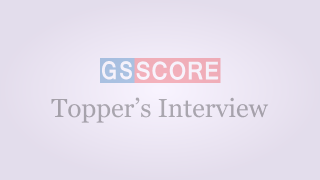Want to know more about this Program or have any queries regarding UPSC CSE preparation?
Mains Test SeriesToday's toppers were yesterday's aspirants. They don't do different things. They just do the right things differently. Toppers’ Corner is your place to discover the SUCCESS MANTRAS of the toppers. Explore their stories, strategies, analyze their copies, see how they achieved top scores, their profile, and more!
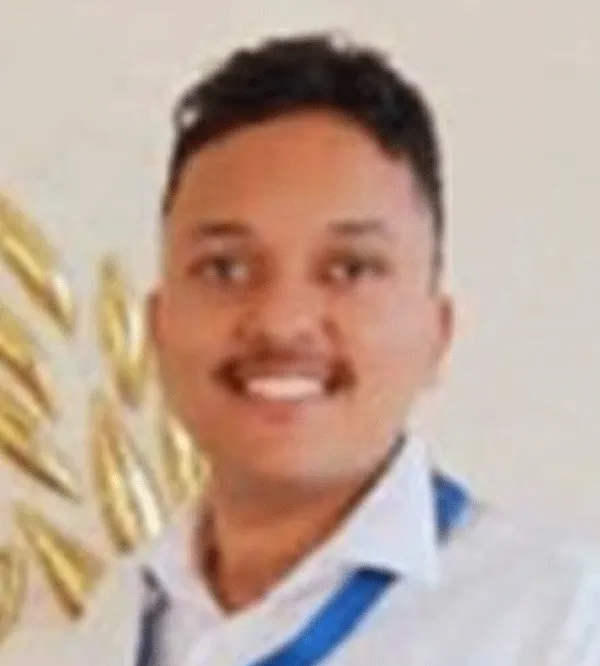
P K SIDHARTH
AIR-4 | 2023

NAUSHEEN
AIR-9 | 2023
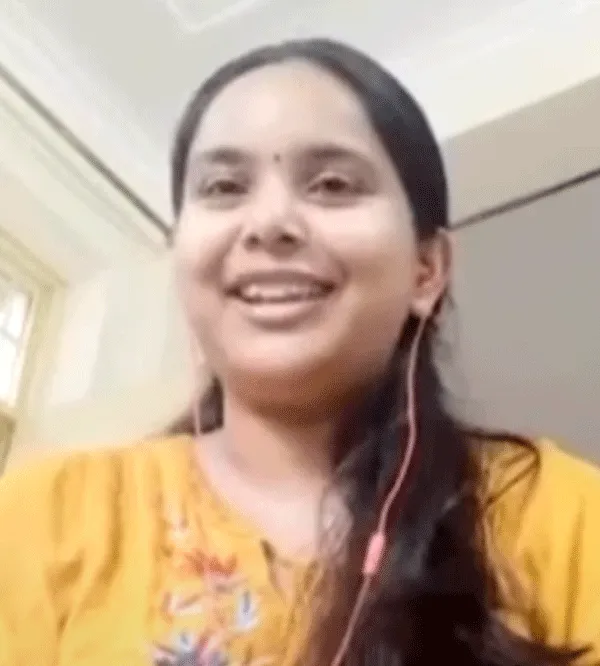
MEDHA ANAND
AIR-13 | 2023

AYAN JAIN
AIR-16 | 2023
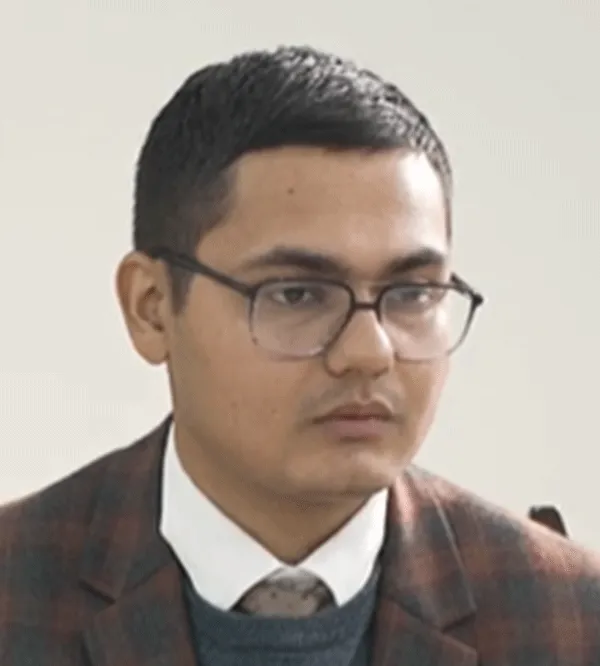
ANSHUL BHATT
AIR-22 | 2023

SAURABH SHARMA
AIR-23 | 2023

ISHITA KISHORE
AIR-1 | 2022
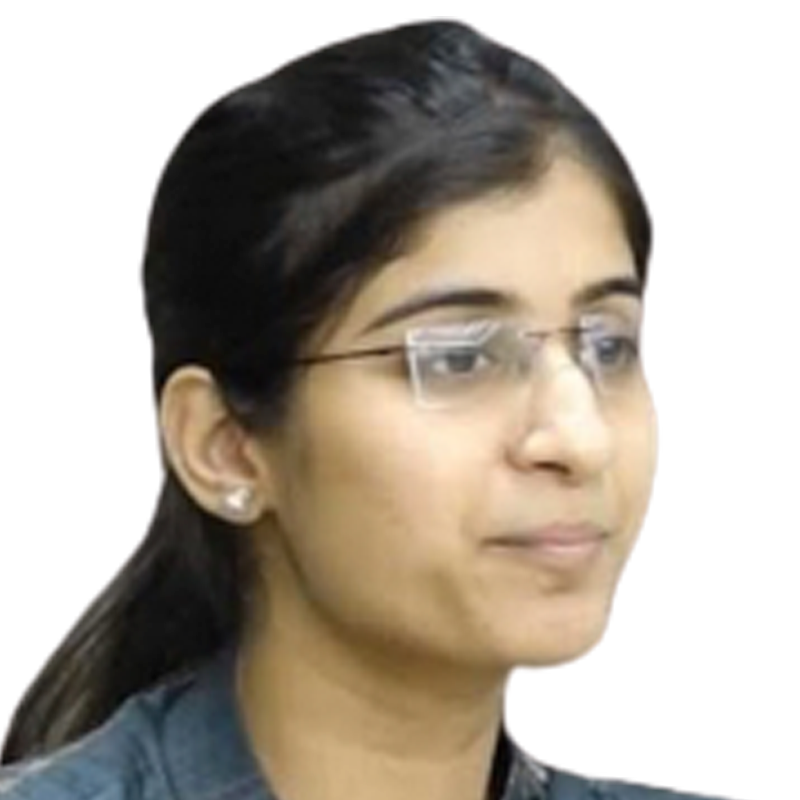
GARIMA LOHIA
AIR-2 | 2022
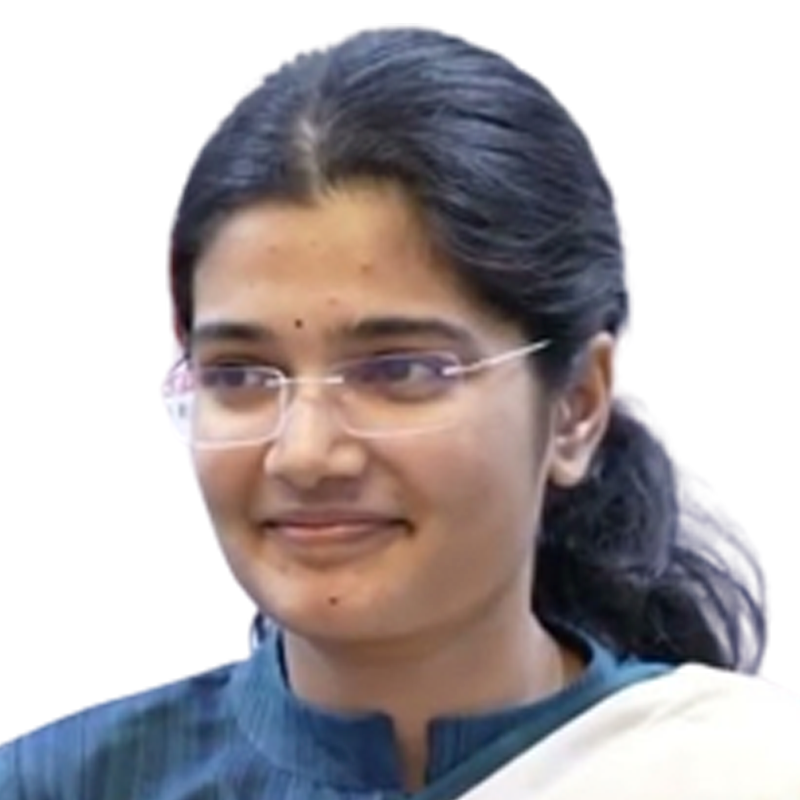
UMA HARATHI N
AIR-3 | 2022
IAS TOPPER’S INTERVIEW 2014 : Aman Mittal, AIR 20
IAS Score: Which is the most difficult part of this exam and why? What was your strategy for tackling this difficult part?
Aman Mittal: I think the most difficult part of the exam is certainly the mains part because of the length and importance in the final result. Tackling this requires dedicated effort and sufficient written practice before the day of the exam.
IAS Score: How did you manage your time for both Prelims and Mains examinations?
Aman Mittal: Most of the portion of prelims and mains are common. And moreover, due to CSAT, last year it was simpler to clear the prelims part.
IAS Score: What was your strategy for covering the lengthy syllabus of General Studies for both Prelims and Mains?
Aman Mittal: It is important to study the areas regularly and take the help of topic wise notes wherever possible. It must be realized that it is not possible generally to cover all portions of the syllabus. In the changed pattern, what is rather more important is the articulation of the answer which can fetch higher marks.
IAS Score: Did you integrate your Prelims or Mains preparation or was it separate?
Aman Mittal: My preparation for the prelims and mains was largely integrated. However, the small topics that are specific to prelims were covered in the month prior to prelims and those specific to mains were covered after the prelims.
IAS Score: What would be the best strategy to tackle negative marking in Prelims?
Aman Mittal: It is always best to avoid questions that one is not aware of and focus on those in which one can make a sufficiently intelligent guess.
IAS Score: GS Mains was altogether new, as current pattern is only two years old. How did you prepare for that?
Aman Mittal: Written practice is the mantra for the changed pattern of the mains examination. The focus is more on opinion and articulation rather than knowledge.
IAS Score: Have you completed the GS mains papers?
Aman Mittal: Yes. All of them.
IAS Score: Can you share some idea/strategy about attempting GS paper as it is not easy to write answer of all questions in given time-frame?
Aman Mittal: Time management is the key to success in this exam. Please divide the time as per availability and attempt the best questions first in order to provide quality answers to these.
IAS Score: What was your style of writing in the exam? How was it distinct from the general writing style? How did you develop this writing style?
Aman Mittal: I used to follow a structured approach to answer writing including an introduction, body and conclusion. I guess it was not very different from the standard way of writing.
I developed this approach during the preparation phase only when I was giving the mock tests for the mains examination.
IAS Score: How did you prepared for essay paper.
Aman Mittal: Essay is a paper that requires regular practice and feedback. I took a test series with GS Score in which essay was a part. Apart from this, I also tried to write an essay once every fortnight.
IAS Score: What were the sources of information for general reading? How did you come to know about the standard sources of reading materials?
Aman Mittal: My sources of general reading were NCERT as well as the standard texts available for the exam. Mostly, I consulted my friends for advice in choosing the study material.
IAS Score: What should be the basis of selecting optional?
Aman Mittal: The optional must be selected on the basis of one’s interest and area of strength. I had graduated in Electrical Engineering, and hence it was a natural choice of optional for me.
IAS Score: Did you follow the myth that only so called popular optional should be opted?
Aman Mittal: No
IAS Score: How did you plan your optional strategy?
Aman Mittal: I prepared my optional with the help of my father who is a professor in the same field. I also relied on the previous year’s papers to prepare the areas of greater importance.
IAS Score: How helpful are the notes? What is your advice on notes-making?
Aman Mittal: Notes are really useful during revision, though I personally did not make many of them.
My advice on note making is that it should be done topic wise and should be constantly updated and revised to avoid last minute anxiety.
IAS Score: Civil Services Exam process is quite strenuous. It requires long hours of constant study. How did you maintain your tempo and what did you do to break the monotony of preparation?
Aman Mittal: It is important to remain motivated during the course of preparation and to enjoy the studies themselves. I would seldom go out to eat with my friends or family which was a great way to break the monotony. Apart from that, I used to meditate whenever I felt that my energy levels are going down.
IAS Score: How helpful is one’s educational background in his/her success?
Aman Mittal: This exam is independent of educational background, which can only be a morale booster to have job security in case UPSC does not work out.
IAS Score: How did you prepare for interview?
Aman Mittal: I took a few mock tests (including one at GS Score) and prepared for the interview with my
friend. It is important to point out the weaknesses in each other and be able to work on them to rectify the same.
IAS Score: Which types of questions were asked in the interview?
Aman Mittal: My interview was diverse and covered many broad areas. It was quite long and exhausting. In fact the interview went tangentially into US politics, Indian foreign policy etc. for a long time (I had gone to US for a competition)
IAS Score: What is your advice to the candidates who have failed in this exam?
Aman Mittal: UPSC exam is a lot about luck and perseverance. Sometimes we feel that life is harsh on us, but connecting the dots backward we would realize in the future that those moments are important learning points in our life. Analyse what went wrong in this attempt and move on to the future, next attempt or a new venture, whatever you may choose. Never lose hope.
IAS Score: Can you disclose your marks in detail?
Prelims –
GS 101.34
CSAT 155
Mains –
Essay – 136
GS 1 – 91
GS 2 – 96
GS 3 – 91
GS 4 – 91
EE 1 – 128
EE 2 – 163
Interview – 193
IAS Score: What is your suggestion/advice for future aspirants?
Aman Mittal: My simple advice is that hard Work, perseverance and faith are the most important friends in the UPSC exam. There are moments of anxiety throughout the course of preparation. I always advise aspirants to learn some form of de-stressing
